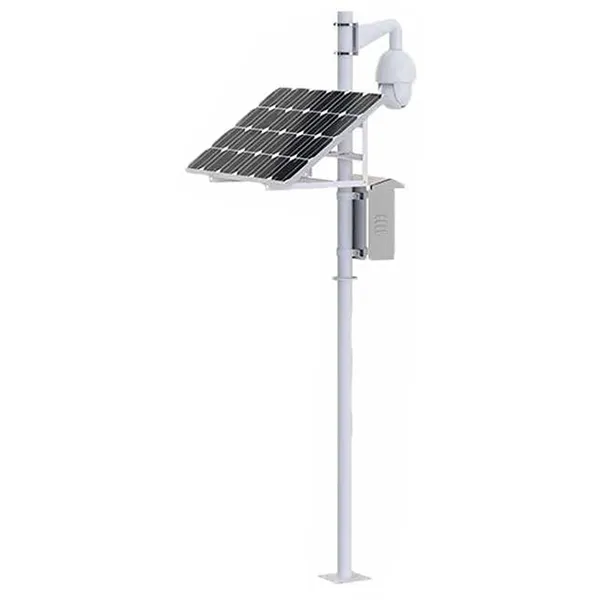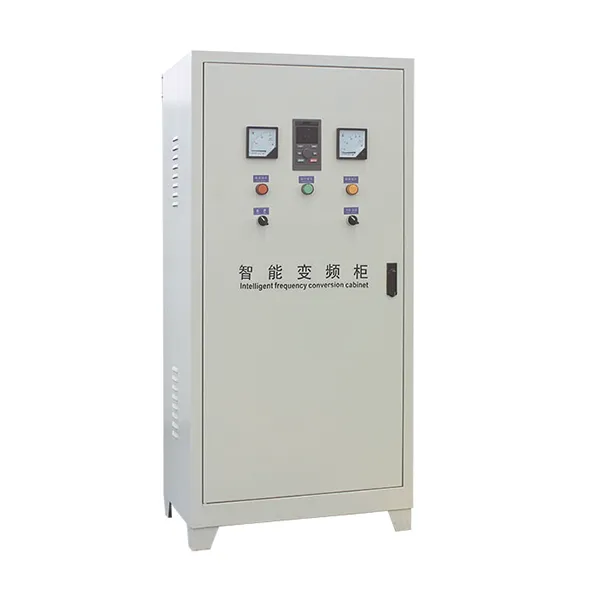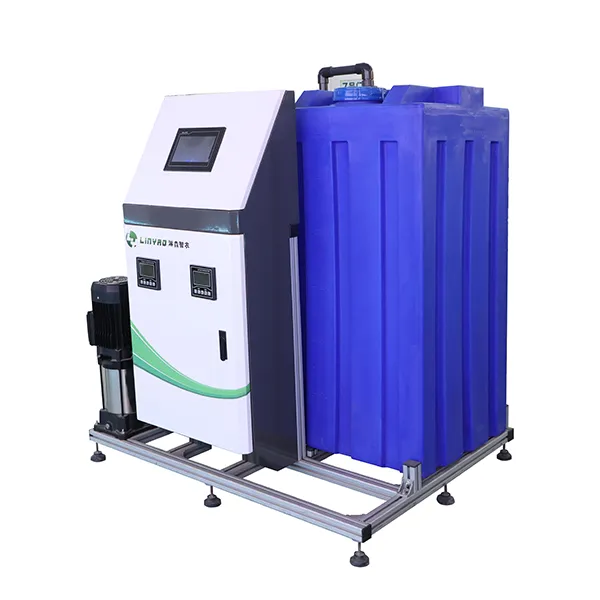
Agricultural sand filters main buyer country
When you hear aboutagricultural sand filters, you immediately think - well, sand, water, what’s so complicated about it. And then you start to figure it out and realize that the main buyer country is not just numbers in a report, but a whole story about climate, soils and local agricultural technologies. Many people mistakenly believe that such systems are primarily in demand in regions with water shortages. In part, yes, but the key factor is the quality of the water that is available. And here you can’t do without filtering.
Who is buying and why
If we talk about our experience, then the main orders forsand filtersover the past few years, they have been going to the CIS countries, and Kazakhstan has unexpectedly become an active buyer. Why them? There is a combination of a developed agricultural sector, problems with water salinity and government programs to modernize agriculture. It’s not that others didn’t take it, but there – systematically, in large quantities, often for entire irrigation projects.
At the same time, it is interesting that initially we were counting on more traditional markets, like Uzbekistan, but they have their own specifics - they prefer drip irrigation without complex filters, if the water is relatively clean. In Kazakhstan, water often comes from artesian wells, with a high content of salts and mechanical impurities. A sand filter there is not an option, but a necessity, otherwise the drippers become clogged over the course of the season.
We had one project near Astana, where the customer initially saved money and supplied only mesh filters. Six months later we had to urgently buy more of our sand ones - the system was almost out of order. It's a typical story: people don't always assess risks in advance until they're faced with a problem.
Technical nuances that are not always obvious
Structurallysand filtersseem simple - housing, sand, control unit. But, for example, not just any sand will do. At one time we tried several types of quartz sand until we settled on a fraction of 0.8-1.2 mm - less clogging, better rinsing. And this is just one parameter.
Another important point is automation. In our conditions, where temperatures in winter can drop significantly below zero, it is important that the system can discharge water or be heated. We are inShandong Linyao Intelligent Agriculture Technology Co.,LtdWe focus on adapting equipment to local conditions, rather than simply delivering standard solutions.
By the way, about standards. European filters are often not designed for the high content of suspended matter in the water that we use. We have to recalculate the parameters and increase the filtration area. This is not always welcomed by customers - it’s more expensive, but then you don’t have to constantly clean or change the equipment.
Mistakes and lessons
We had a sad experience with supplies to one of the regions of Russia, where the water turned out to have a high iron content. The sand filter coped with mechanical impurities, but the iron oxidized and clogged the system after the filter. We had to additionally install a deferrization system. Now we always require a complete chemical analysis of water before design.
Another common mistake is incorrect performance calculations. Customers sometimes save money and install a filter with a lower power than required for the irrigation area. The result is a drop in pressure, uneven watering, and stress for the plants. You explain that it’s better to overpay a little now than to lose the harvest later.
And yes, service. We initially did not include mandatory service in the contracts, considering the equipment to be reliable. But practice has shown that even the highest quality equipment requires periodic monitoring and cleaning. Now we offer service contracts - and the clients are happy, and we feel safer.
Design and integration
When we're inShandong Linyao Intelligent Agriculture Technology Co.,LtdWhen we take on a project, we look not only at the filter, but at the entire system as a whole.Agricultural sand filtersis just one element in the water treatment chain. It is important how they interface with pumping stations, fertilizer application systems, and controllers.
For example, in one of the projects in the Krasnodar region, we integrated filters with an automatic control system that we ourselves developed. As a result, the client received not just filtration, but the ability to remotely control pressure and start backwashing according to a schedule or based on pressure drop.
Such comprehensive solutions are what we strive for. Not just sell equipment, but offer technology that will work for a long time and efficiently. Information about our approaches can be found athttps://www.lyzhihuinongye.ru— there we describe our projects and developments.
What's in the future
Judging by trends, the demand for quality filtration systems will only increase. Climate change, depletion of water resources - all this forces farmers to take water treatment more seriously. And heresand filtersremain one of the most reliable and proven solutions.
We are now experimenting with combined systems - sand plus membranes, for example. This is more expensive, but may be justified for some crops that are particularly sensitive to water quality. So far we are testing in pilot areas, the results are encouraging, but it is too early to talk about mass implementation.
In general, if we return to the question ofbuyer's main country, then I think the geography will expand. The same countries in Eastern Europe are beginning to show interest, especially where greenhouse farming is developing. But Kazakhstan and other CIS countries still remain our key partners - they understand the value of reliable solutions and are ready to invest in technology.
Correspondingproducts
Related Products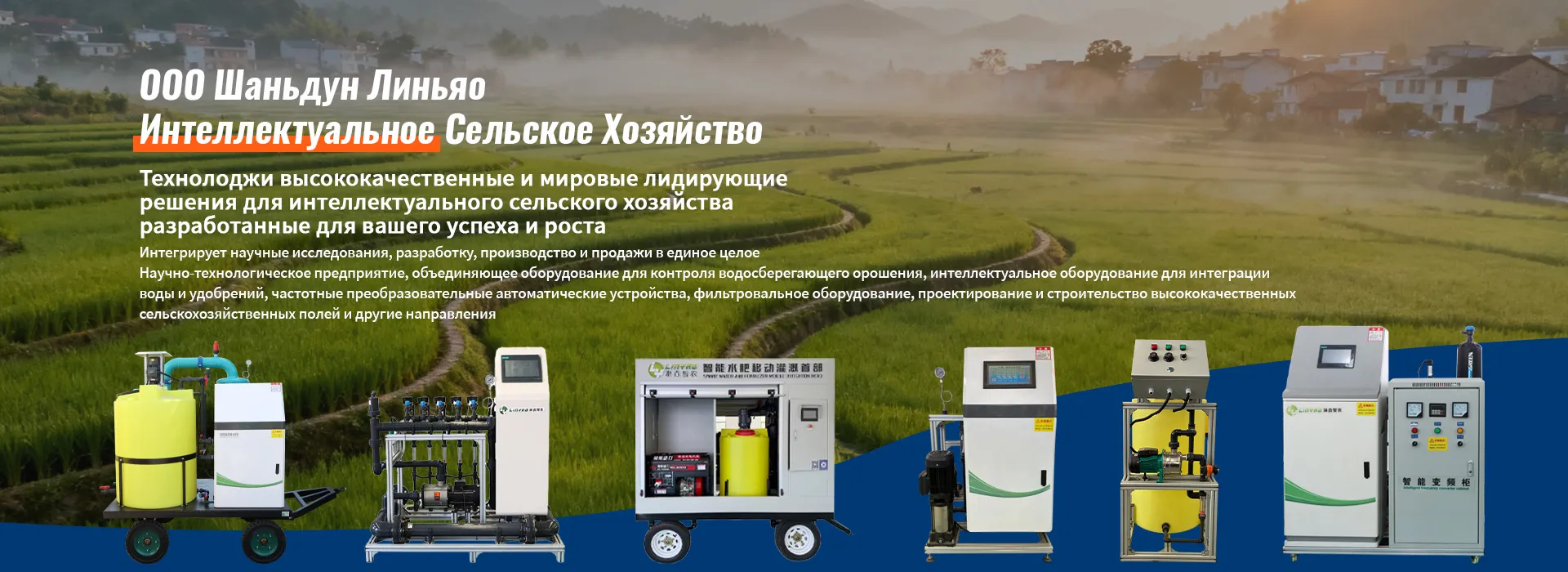
Best Sellingproducts
Best Selling Products-
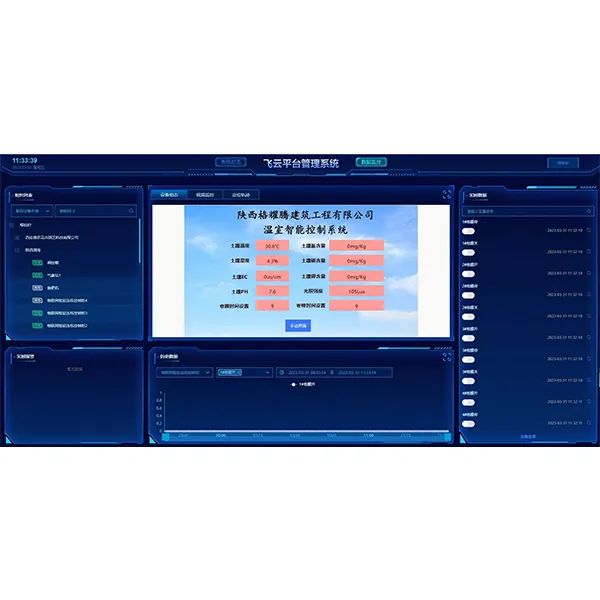 Cloud platform for smart agriculture
Cloud platform for smart agriculture -
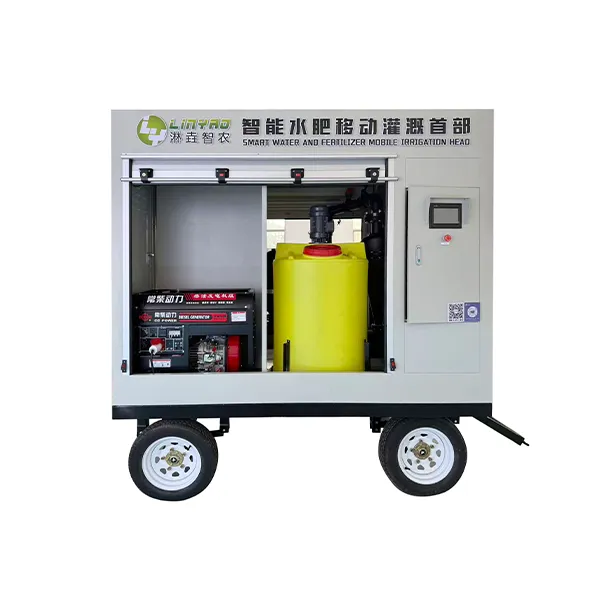 Intelligent mobile head for irrigation and fertilization
Intelligent mobile head for irrigation and fertilization -
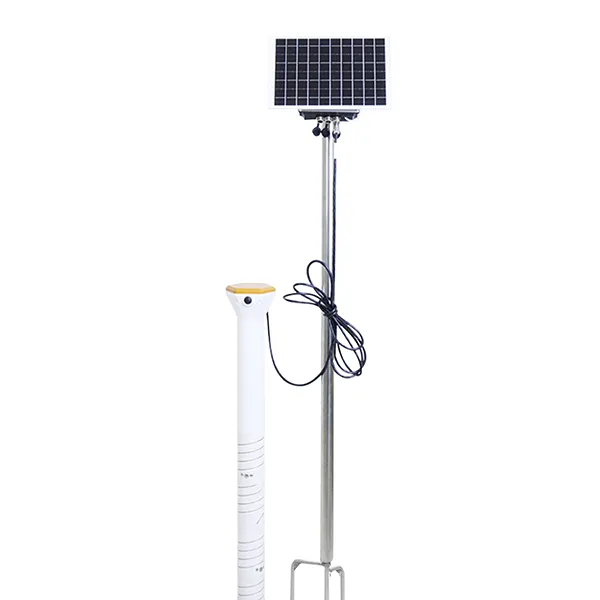 Soil Moisture Monitoring Station
Soil Moisture Monitoring Station -
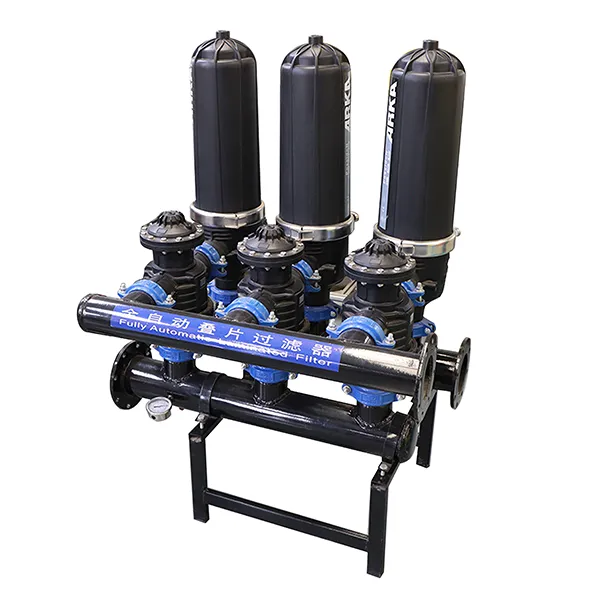 Disc filter with automatic flushing
Disc filter with automatic flushing -
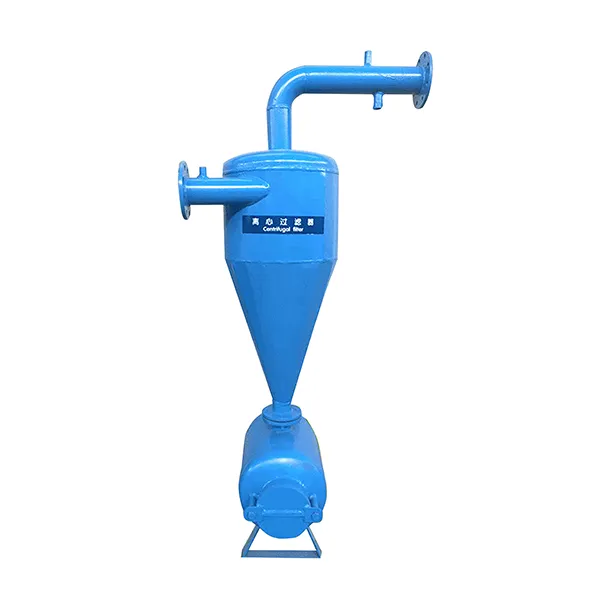 Centrifugal filter
Centrifugal filter -
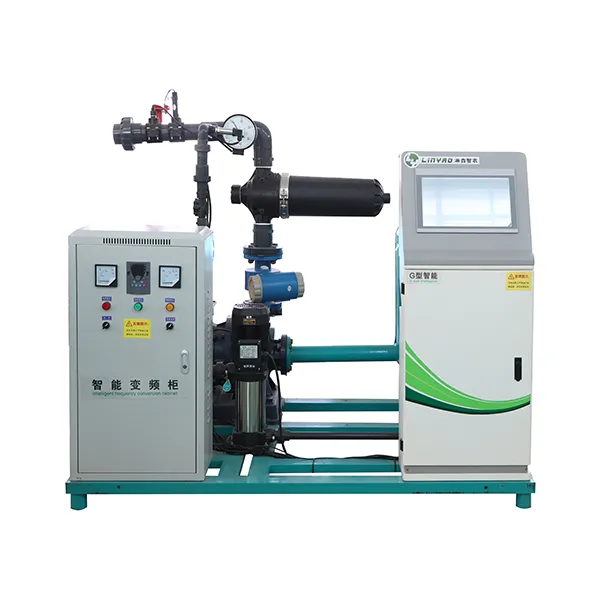 Intelligent Irrigation Control System
Intelligent Irrigation Control System -
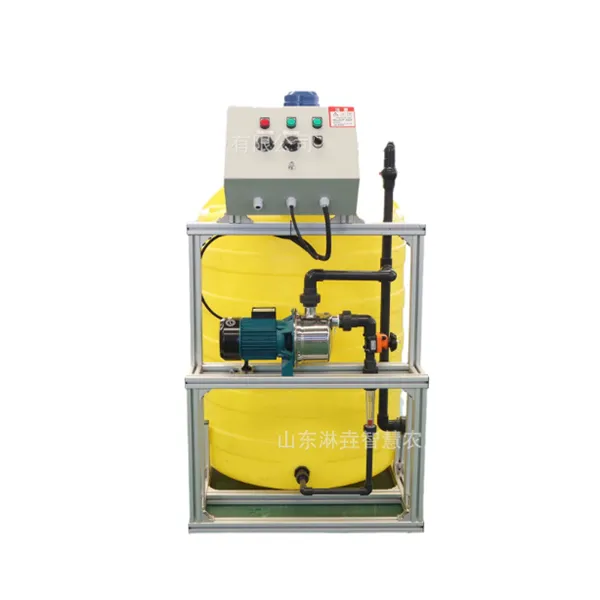 Simple manual single-channel water and fertilizer integration apparatus
Simple manual single-channel water and fertilizer integration apparatus -
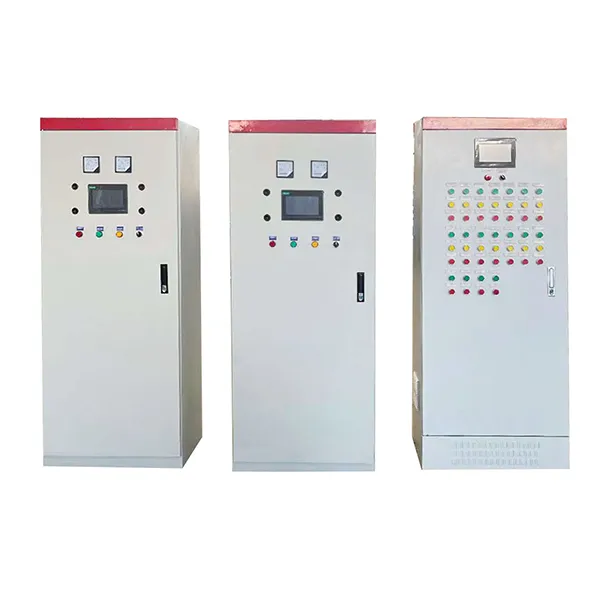 IoT-based greenhouse control cabinet
IoT-based greenhouse control cabinet -
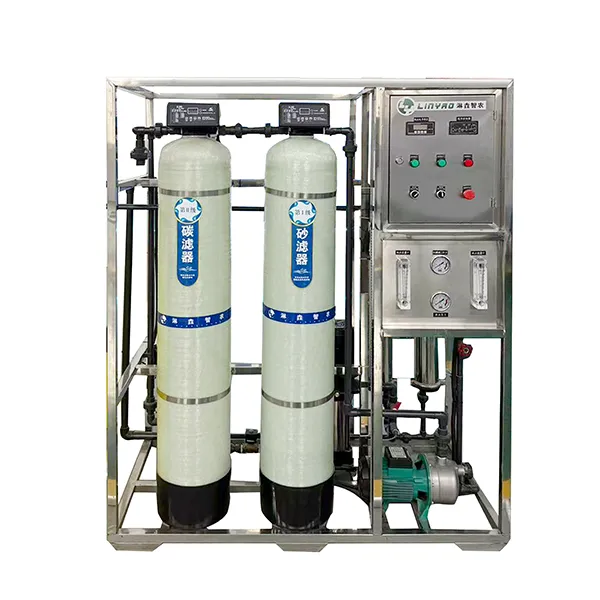 ABC Single Stage Reverse Osmosis Water Purification System
ABC Single Stage Reverse Osmosis Water Purification System -
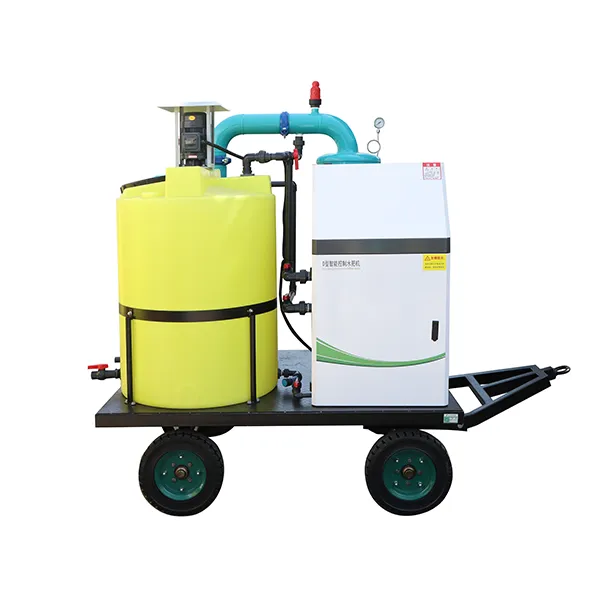 Mobile water and fertilizer integration apparatus
Mobile water and fertilizer integration apparatus -
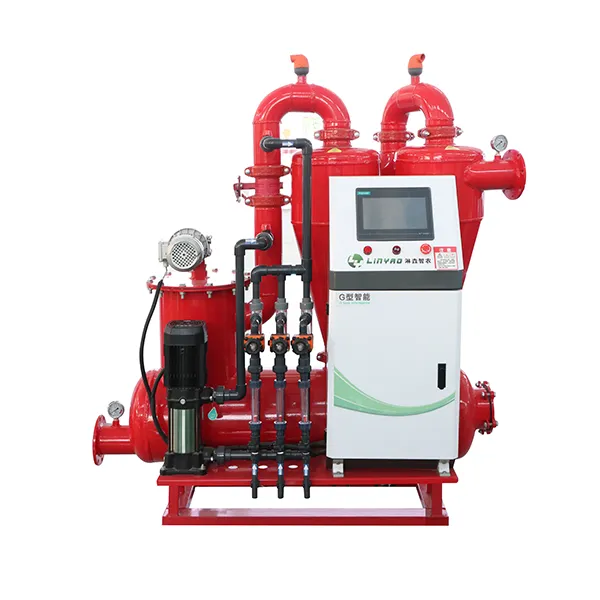 Automated Dual Function Water Fertilizer Filtration Machine
Automated Dual Function Water Fertilizer Filtration Machine -
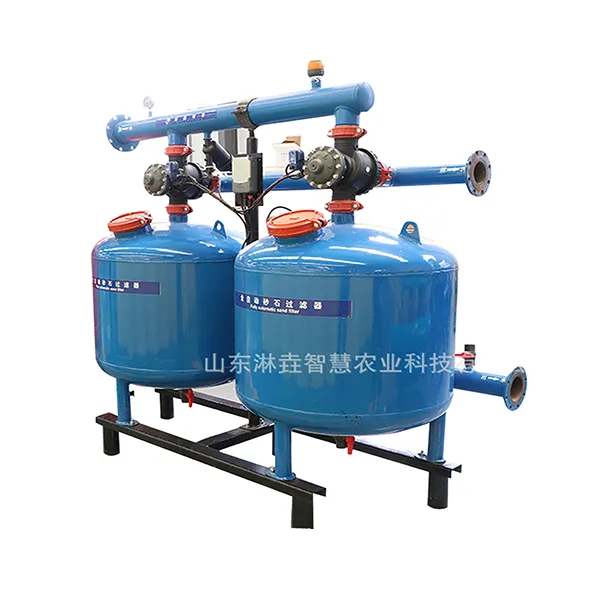 Automatic Backwash Sand Filter for Drip Irrigation System
Automatic Backwash Sand Filter for Drip Irrigation System
Relatedsearch
Related Search- Drip irrigation in gardening
- Pipe for irrigation systems main country of buyer
- Centrifugal fine oil filter supplier
- Centrifugal fine oil filter manufacturer
- Centrifugal water filter manufacturer
- Horticultural irrigation main buyer country
- Device for monitoring the condition of seedlings manufacturers
- Solenoid valve 2.5 inch pulse manufacturer
- Growing in the field
- Polygon smart agriculture manufacturers


